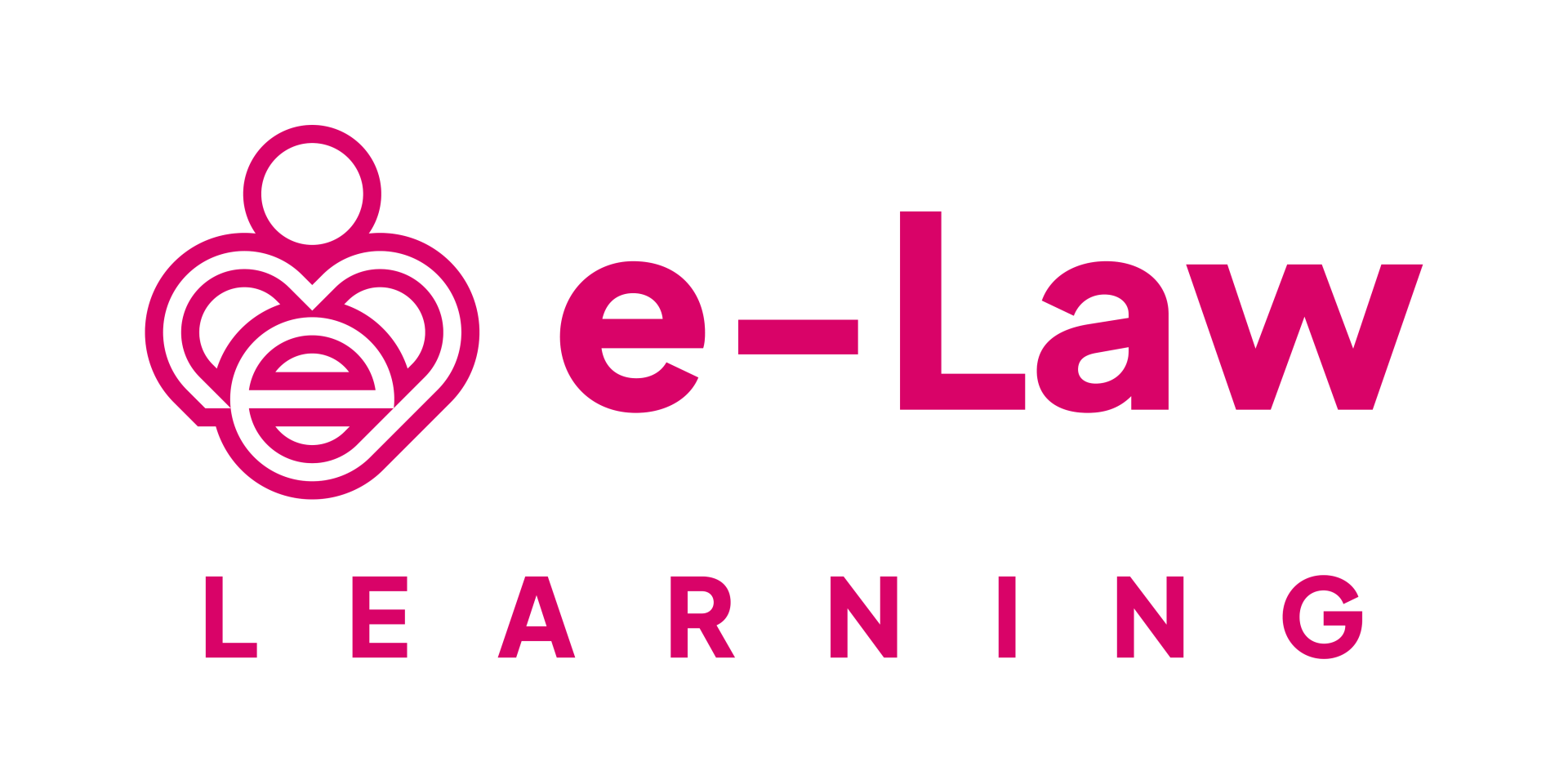
Meet ,Tom Horrocks, a former partner in high street practice, CEO of the Council for Licensed Conveyancers, and director of Risk Management & Compliance and MLRO, with two distance volume conveyancing companies.
He is a regular CPD lecturer, accredited Lexcel consultant, published legal writer, and former member of the Land Registry Rule Drafting Committee.
Tom boasts an impressive 20+ years' experience in the legal compliance field and his aim is to make management, risk and compliance, part of how you work. Not something bolted-on before an accreditation inspection. Not something reviewed after a complaint or claim.
While contributing his courses for the site (access his courses here), we took the opportunity to get his perspective on some of the burning questions around the legal sector and professional development.
Read on as he shares.....
Do you have a favourite failure? Something that didn’t go so well at the time, but has actually benefited you in the long-run?
He is a regular CPD lecturer, accredited Lexcel consultant, published legal writer, and former member of the Land Registry Rule Drafting Committee.
Tom boasts an impressive 20+ years' experience in the legal compliance field and his aim is to make management, risk and compliance, part of how you work. Not something bolted-on before an accreditation inspection. Not something reviewed after a complaint or claim.
While contributing his courses for the site (access his courses here), we took the opportunity to get his perspective on some of the burning questions around the legal sector and professional development.
Read on as he shares.....
Do you have a favourite failure? Something that didn’t go so well at the time, but has actually benefited you in the long-run?
The conveyancing property recession in 1993. It stopped me from continuing as a solicitor partner in high-street practice. It made me learn new skills as a lecturer on the Legal Practice Course at Huddersfield University. Work in different areas of the law as general in-house counsel to start-up companies and with entrepreneurs. It has meant I have enjoyed several different careers as a trainer, director, CEO, and now Management Consultant and Executive Coach.
If you could go back to the beginning of your legal career, what’s the top piece of advice you would give yourself?
Knowing the law isn’t the service – you need to know the law so you can then provide the service. Being a solicitor means knowing how to run a business and provide a service that customers want to buy from you, rather than your competitors. Otherwise, if just knowing the law is enough, in 2024 and in the future, people will just use Google and ChatGPT.
If you could change anything about the legal industry, what would it be?
Get agreement amongst lawyers that using technology isn’t legal innovation. Otherwise, great legal innovations during my career would have been the Dictaphone, and the word processor. This is just nonsense. Lawyers innovate by creating new ways of using legal rules and principles and developing new law.
What advice would you give to legal professionals looking to further their career?
Future-proof yourself against technology by becoming more human. Do the things that only human lawyers can do and will do better than even the fastest algorithm. That is, the human-to-human emotional connection that computers can only pretend to do, and the quirky, unexpected, combination of disparate ideas which leads to true originality.
What have you done in your career that has made the biggest difference?
Learning (and still learning!) to listen. Active listening where you take you, and your thoughts, out of the equation, and just listen to what the other person is saying without judgement or agenda. You don’t learn anything whilst you’re talking.
Read more of Tom's course content here.
If you could go back to the beginning of your legal career, what’s the top piece of advice you would give yourself?
Knowing the law isn’t the service – you need to know the law so you can then provide the service. Being a solicitor means knowing how to run a business and provide a service that customers want to buy from you, rather than your competitors. Otherwise, if just knowing the law is enough, in 2024 and in the future, people will just use Google and ChatGPT.
If you could change anything about the legal industry, what would it be?
Get agreement amongst lawyers that using technology isn’t legal innovation. Otherwise, great legal innovations during my career would have been the Dictaphone, and the word processor. This is just nonsense. Lawyers innovate by creating new ways of using legal rules and principles and developing new law.
What advice would you give to legal professionals looking to further their career?
Future-proof yourself against technology by becoming more human. Do the things that only human lawyers can do and will do better than even the fastest algorithm. That is, the human-to-human emotional connection that computers can only pretend to do, and the quirky, unexpected, combination of disparate ideas which leads to true originality.
What have you done in your career that has made the biggest difference?
Learning (and still learning!) to listen. Active listening where you take you, and your thoughts, out of the equation, and just listen to what the other person is saying without judgement or agenda. You don’t learn anything whilst you’re talking.
Read more of Tom's course content here.

